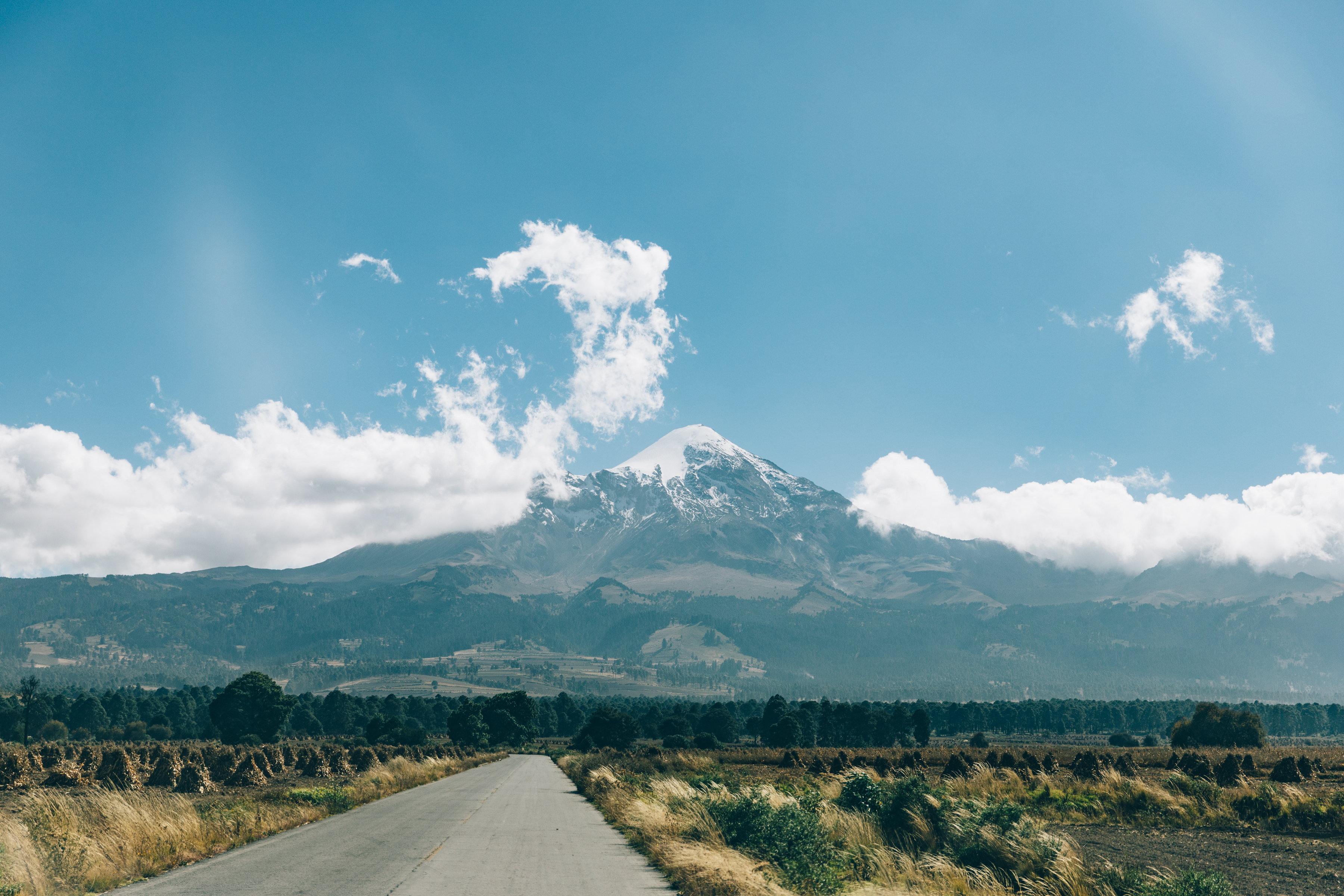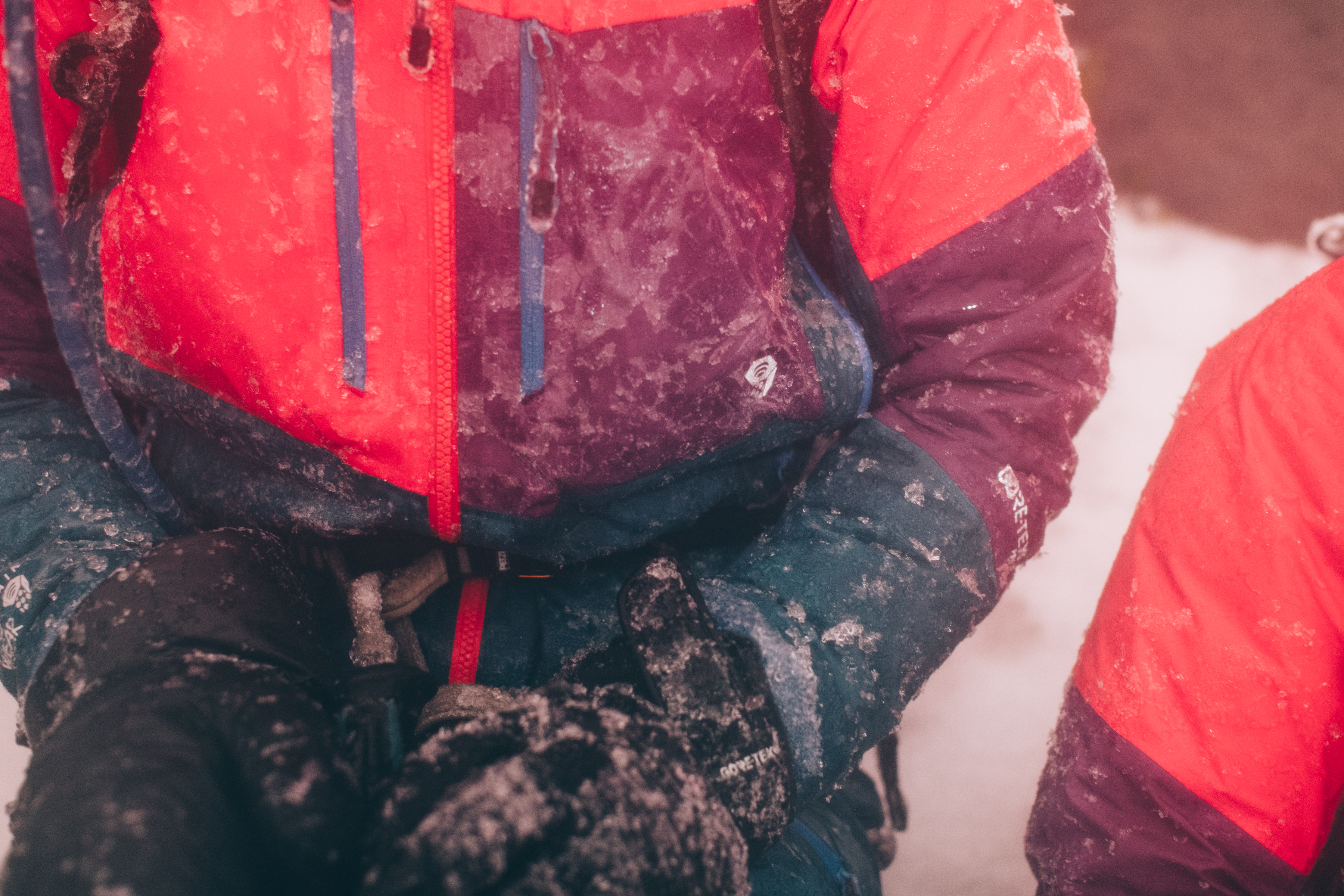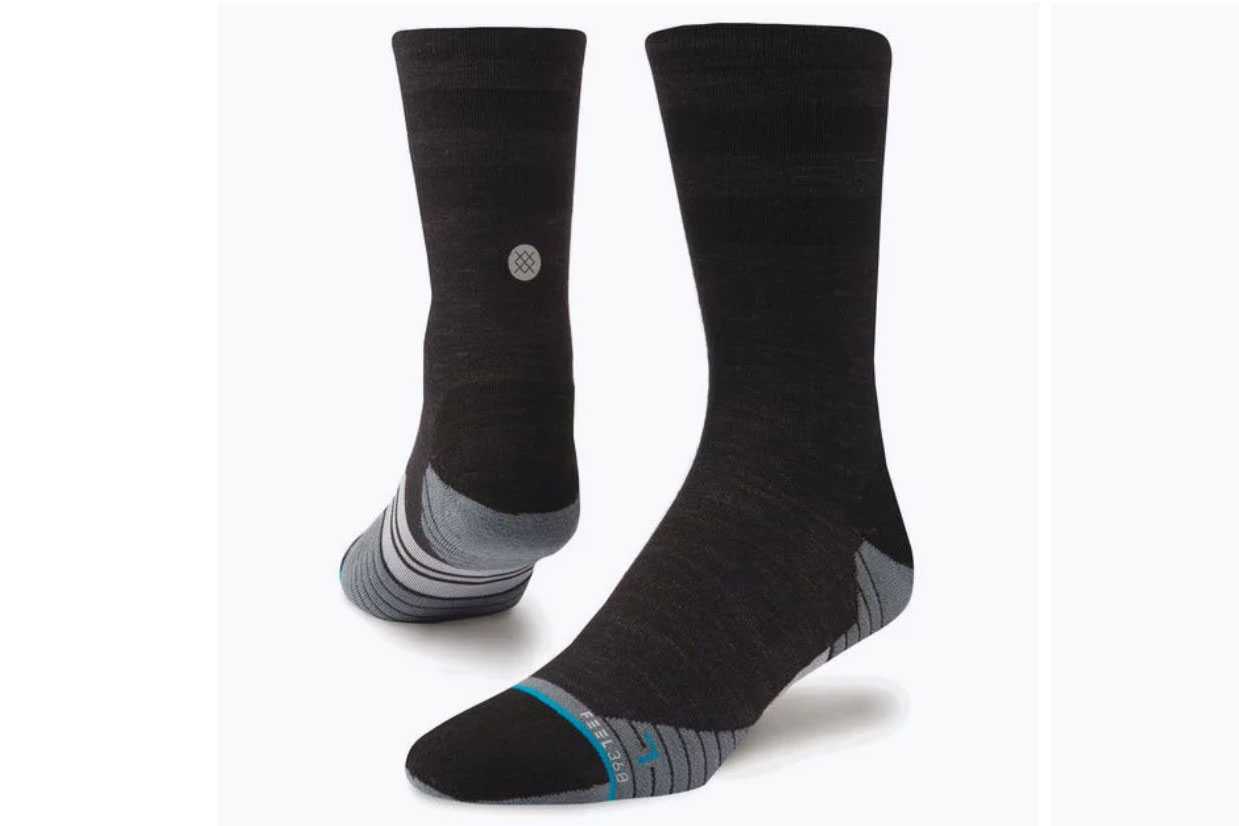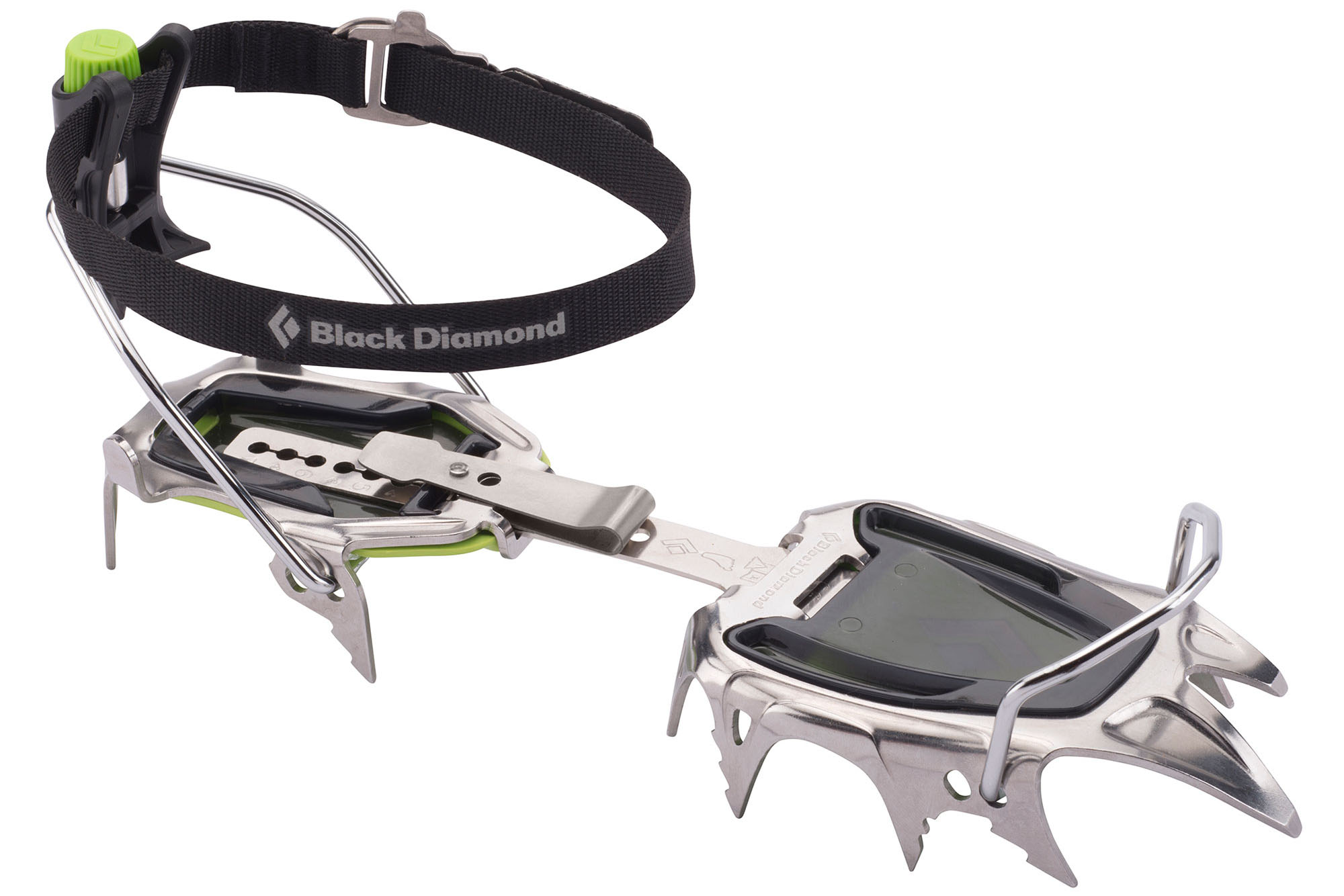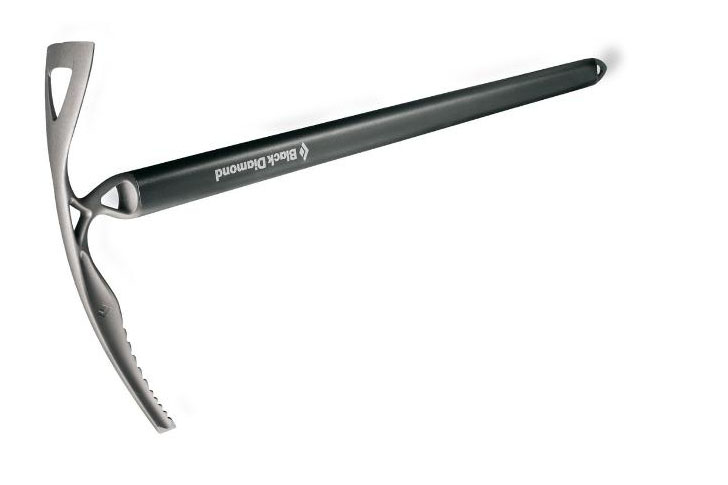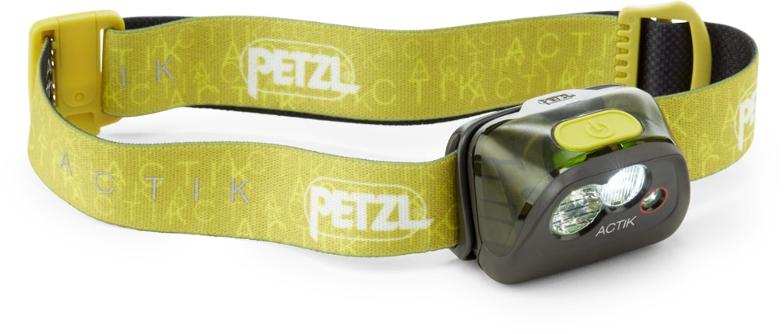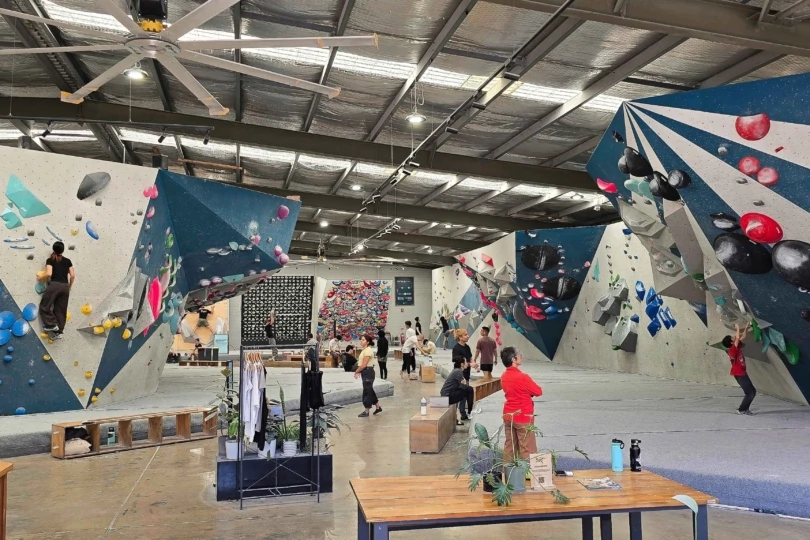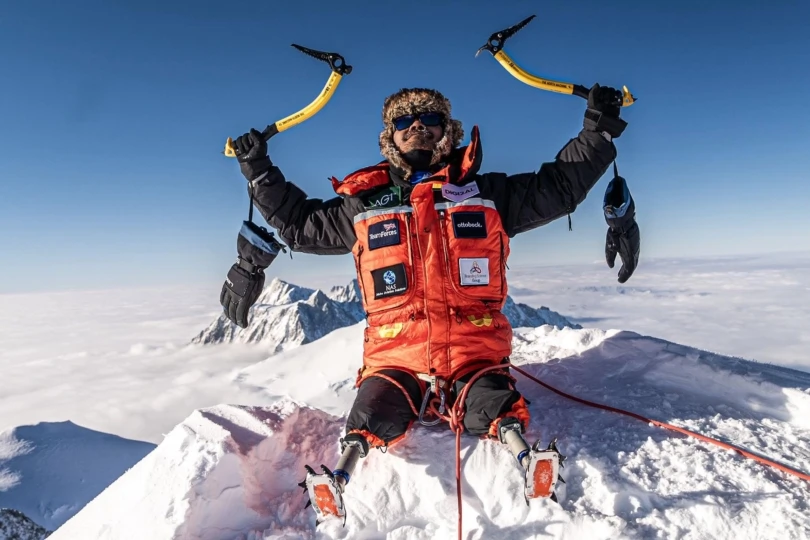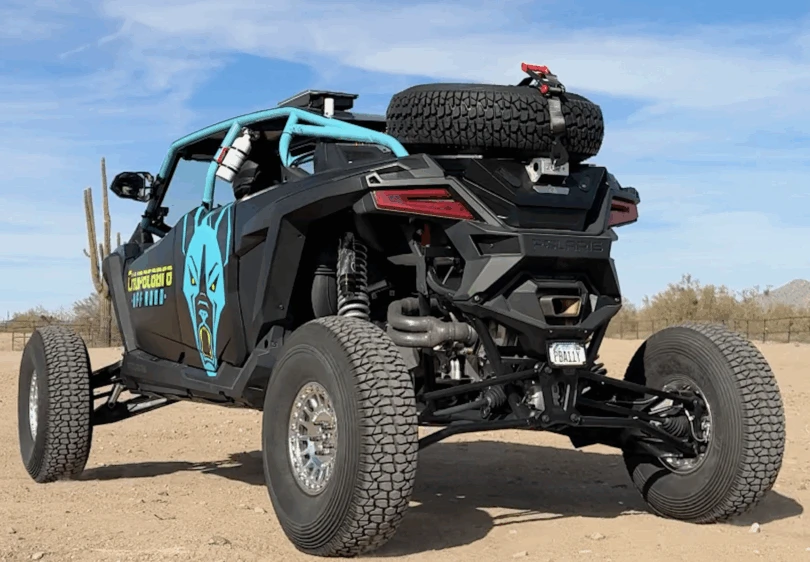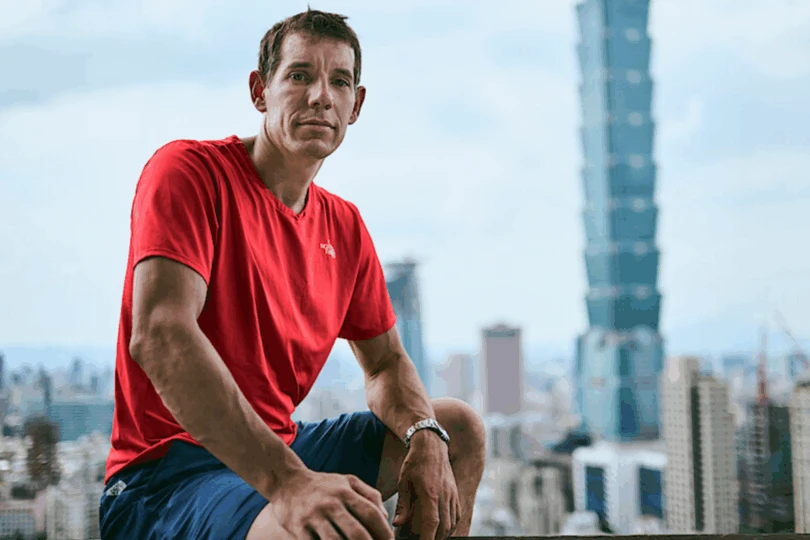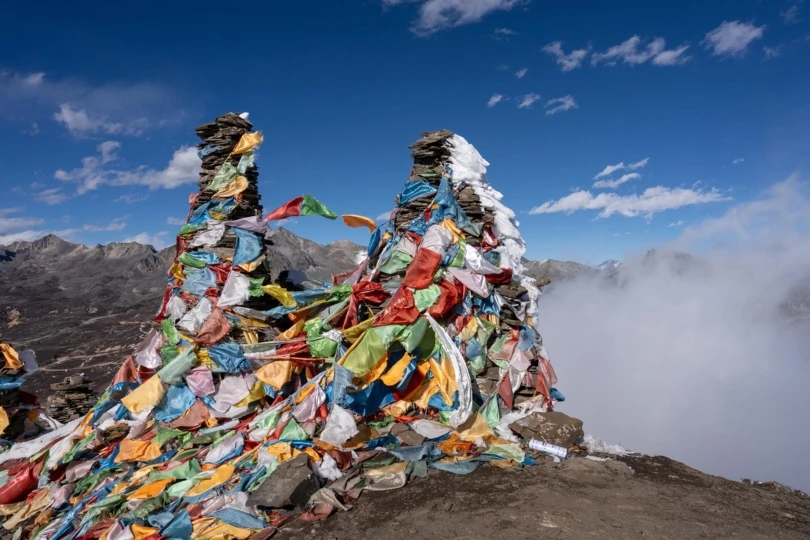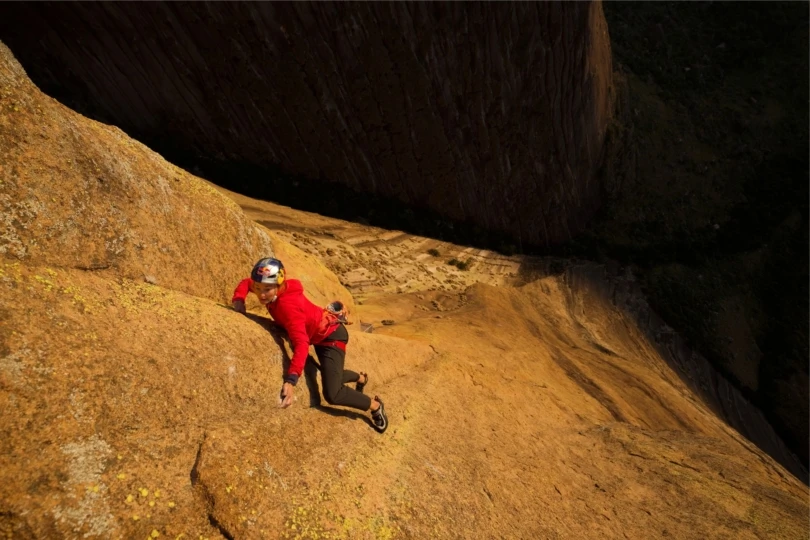At 18,491 feet, Orizaba is the highest mountain in Mexico and the third-highest in North America. Here’s the equipment that helped me and my team make it to the summit.
Our first night at base camp was ominous. We grazed on rehydrated Kung Pow chicken and watched a storm roll in with high winds and heavy rain. After three flights, six hours of driving, and a quick ascent from sea level to 14,000 feet, our bodies began to mutiny.
Even experienced mountaineers suffer when rushing to altitude. That night, the group dueled splitting headaches, vomiting, and very little sleep.
Pico de Orizaba, aka Citlaltépetl, is a stratovolcano and the highest mountain in Mexico. Sitting on the border of Veracruz and Puebla, the volcano is dormant but not extinct.
Our goal was to climb a route on the north side of the mountain from Piedra Grande Hut to the summit crater, via the Jamapa Glacier. The climb rises 4,500 feet from base camp to the summit, starting on a trail, progressing through an icy maze called the Labyrinth, and finally slogging up the 35-degree glacier to the top.
But before we did any mountain climbing, we had to wait out a storm. For the next couple days, we listened to winds howl outside the hut. The storm killed any hope of a high camp.
Fortunes improved the second night when I heard my GPS device buzz: a pair of texts from my mom. She sent a revised weather report predicting a partly cloudy forecast the next day. This was the nudge we needed to prepare for a summit bid.
To summit a high-altitude peak, you need the right mix of luck, fitness, weather, and gear. After hours of marching through freezing rain and battling to keep fingers warm, we reached the base of the glacier.
Finally, the sun rose and the clouds started to part, giving us our first glimpse of the summit. Without the right clothing and tools, we would’ve been less comfortable and safe.
Here are the key pieces of gear I used to climb Orizaba.
Gear to Summit Mexico’s Tallest Peak
Shell Jacket: Mountain Hardwear Gore-Tex Exposure/2 Pro Jacket
As you can see from the above photo, there is a lot of moisture to keep at bay on Orizaba. I chose the Mountain Hardwear Gore-Tex Exposure/2 Jacket to keep me dry and the wind at bay.
To celebrate its 25th anniversary, Mountain Hardwear launched the Exposure/2 Gore-Tex series. Within that collection, this is a burly 3L Pro Gore-Tex burly Gore-Tex outer layer that’s ideal for rugged alpine conditions and long days in the wet and cold. The Pro jacket and bib combo have a color scheme that harkens to the brand’s heritage, and design that looks into the future for materials and quality. The Exposure/2 shells kept the team warm and dry, even in some of the worst conditions.
Mountain Hardwear Exposure/2 Pro RaincoatStretchy Insulating Layer: Mountain Hardwear Super DS Stretch Down
Under your shell, you will need insulation to keep warm. I chose the Mountain Hardwear Super DS Stretch Down.
Like many outdoor pursuits, layering is crucial for mountaineering. Your clothing needs to wick, breathe, and protect you from the elements. The Super DS is the perfect middle layering piece, a warm layer that breathes well and stretches with your movements. This makes it great for any activity with tools or poles, like climbing.
I wore the DS for the entire climb and was pleasantly surprised how warm and dry I stayed in temps around 10 degrees.
Mountain Hardwear Super DS Stretch DownMountaineering Boots: Mont Blanc GTX

I’ve used many different alpine boots, and none have fit better than the Mont Blanc GTX. They are great all-around boots — durable, light, comfortable, and, if the leather exterior is taken care of, very weather-resistant, too. I’ve used them on long traverses and big-mountain summits without a single blister. On Orizaba, I stayed warm and dry, even with hours of rain and slick snow.
Mont Blanc GTXQuality Trekking Socks: Stance
The old adage “function over form” is something I follow devoutly. The caveat is if you can have both, definitely take it. To me, Stance makes the best socks on the market. The brand’s warmth-to-weight ratio is impressive, and they last forever. I wear them exclusively — they’re that good. This runs the gamut from trips to the grocery store to climbing high-altitude peaks.
Stance SocksSatellite Communicator: Garmin InReach Mini

Even in suboptimal weather, my InReach Mini was able to send and receive messages. On most trips, I use this capability to provide comfort to friends and loved ones at home when I don’t have service. In this case, it’s a luxury item. But on trips like Orizaba, when weather is both temperamental and critical for success, my Garmin turns into one of the most important pieces of gear I own. It helps me get real-time updates on weather and snow conditions.
Garmin InReach MiniCrampons: Black Diamond Snaggletooth
With a preference for versatility, I chose the Black Diamond Snaggletooth crampons for the Orizaba climb. In fact, they’re my top choice for most technical alpine routes because they’re stable, strong, and good on a variety of snow and ice. Our route through the Labyrinth and across the Jamapa Glacier included mixed conditions and even some rock, making these burly spikes the perfect complement to my mountaineering boots.
Black Diamond Snaggletooth CramponsIce Axe: Black Diamond Raven
A simple stainless steel head and aluminum shaft make up my favorite ice axe, the Raven. It was my first mountaineering tool and to date has climbed dozens of peaks with me without an issue. Attached with webbing and a carabiner to my alpine harness, it’s a bit heavier than some of the newer and lighter ice tools, but that’s fine by me. What I care most about is reliability, and the Raven delivers.
Black Diamond Raven Ice AxeHeadlamp: Petzl Actik
The Actik runs seemingly forever. While I watched others on the team change batteries with frigid hands, my headlamp had no issues. I typically set it on the middle setting of the variable lighting options, which is good enough to comfortably see everything around me. With 300 max lumens, an easy on/off button, and a snug fit, the headlamp is great for a variety of outdoor activities, including mountaineering.
Petzl Actik Headlamp
